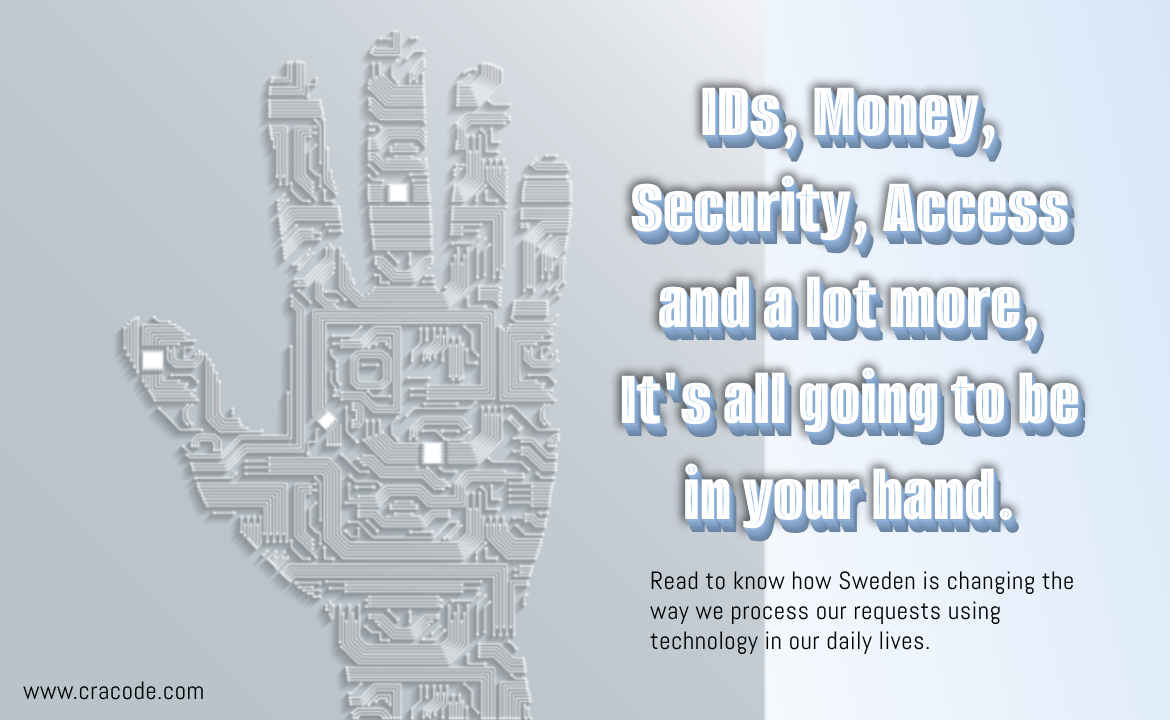Introduction
In the past few years, there has been a growing interest in microchip implants for everyday use. These implants are typically about the size of a grain of rice and are inserted under the skin, usually in the hand. They can be used to store a variety of information, such as payment information, medical records, and identification data.
Some people believe that microchip implants have the potential to revolutionize the way we live our lives. They could make it easier and more convenient to access a variety of services, and they could also help to improve our safety and security.
How do Microchip Implants Work?
Microchip implants work by using radio-frequency identification (RFID) technology. RFID tags contain a small chip that can be read by an RFID reader. When the reader is passed over the tag, the chip sends out a signal that is read by the reader. This signal can be used to transmit information from the tag to the reader.
In the case of microchip implants, the chip typically contains a unique identification number. This number can be used to identify the person who has the implant. The implant can also be used to store other types of information, such as payment information, medical records, and access codes.
How Can Microchip Implants Be Used?
Microchip implants can be used for a variety of purposes. Some of the most common uses include:
- Payment: Microchip implants can be used to make payments. This is done by linking the implant to a payment card or account. When the implant is scanned, the payment information is transmitted to the reader, and the payment is processed.
- Access control: Microchip implants can be used to control access to restricted areas. This is done by linking the implant to a database of authorized users. When the implant is scanned, the reader checks the database to see if the user is authorized to enter the area.
- Medical: Microchip implants can be used to store medical information, such as allergies, medications, and medical history. This information can be accessed by medical professionals in an emergency.
- Personalization: Microchip implants can be used to personalize devices and services. For example, an implant could be used to unlock a smartphone or to access a personalized news feed.
The Pros and Cons of Microchip Implants
Microchip implants offer several potential benefits, including:
- Convenience: Microchip implants can make it easier and more convenient to access a variety of services. For example, you could use your implant to pay for groceries, open doors, or access your computer.
- Security: Microchip implants can help to improve your security and safety. For example, you could use your implant to store your medical information or to access restricted areas.
- Personalization: Microchip implants can be used to personalize devices and services. This could make your life more convenient and enjoyable.
However, there are also some potential risks associated with microchip implants, including:
- Privacy concerns: Some people are concerned about the privacy implications of microchip implants. They worry that their personal information could be accessed or tracked without their knowledge or consent.
- Hacking: Microchip implants could be hacked, which could allow someone to access your personal information or control your devices.
- Medical risks: There are some potential medical risks associated with microchip implants, such as infection or allergic reaction.
The Future of Microchip Implants
The future of microchip implants is uncertain. Some people believe that they will become a common and accepted form of technology, while others believe that they will remain a fringe technology. It’s likely to be time for web and mobile application development companies, as their contribution would help its users foresee the right responses through this implementation. Only time will tell how microchip implants will be used in the future.
Conclusion
Microchip implants have the potential to revolutionize the way we live our lives. They could make it easier and more convenient to access a variety of services, and they could also help to improve our safety and security. However, there are also some potential risks associated with microchip implants, such as privacy concerns and hacking. The future of microchip implants is uncertain, but they have the potential to be a major force in the years to come.



